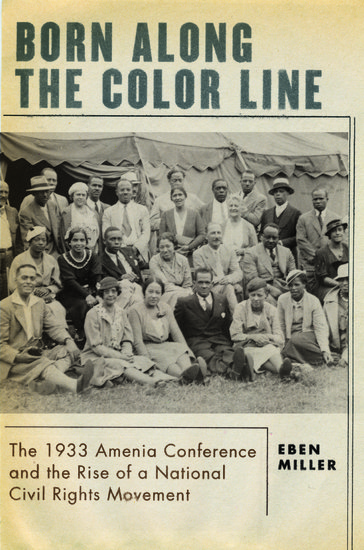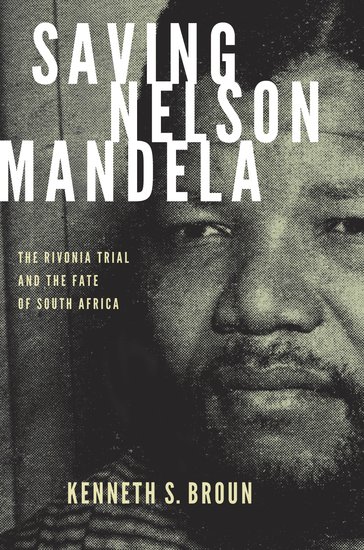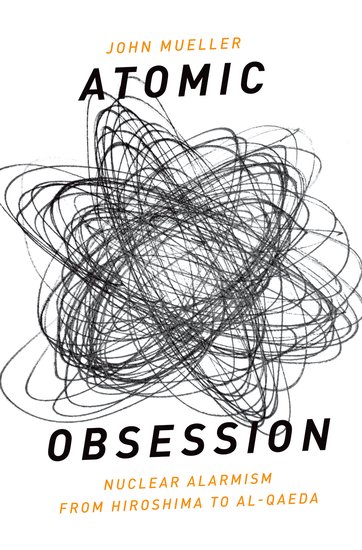SciWhys: a cure for Carys?
By Jonathan Crowe
Using science to understand our world can help to improve our lives. In this post and the next, I want to illustrate this point with an example of how progress in science is providing hope for the future for one family, and many others like them.














